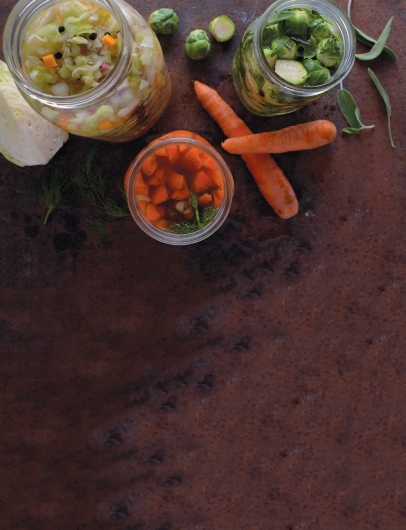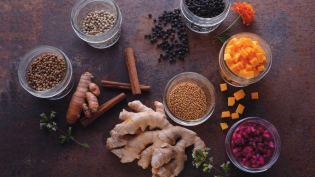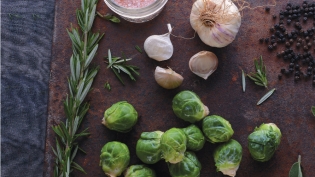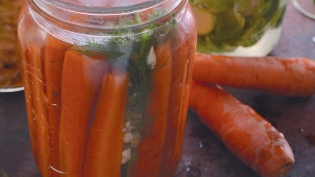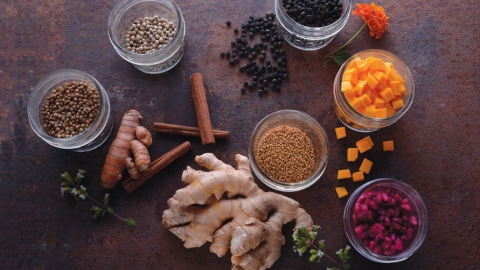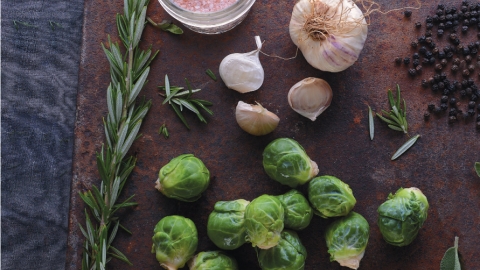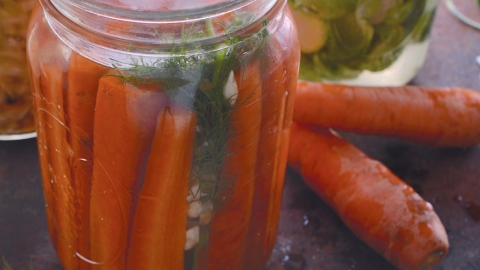Preserve the Season
Every culture in the world has some kind of fermentation in its food history. In fact, fermentation is the most ancient form of food preservation, with evidence of some form of beer, wine, cheese and leavened breads from as early as Neolithic times. More recently, with new research techniques, studies have shown that microorganisms present in fermented foods are related and beneficial to many of the microorganisms in the human body.
One of the first things I noticed when I started eating naturally fermented foods and drinks was that I stopped having stomach problems and became more resistant to colds and flus. As a trained wildlife biologist, I focused my attention scientifically on the wild microbiome to further investigate what was happening inside my gut. The answers and healing came swiftly and transitioned me into a whole other life—especially once I started listening to my body and let food become my medicine.
After incorporating gut-healing foods like bone broth and fermented foods into my daily routine, I could feel the difference it made in my everyday life. My blood pressure lowered, mood swings reduced and cravings for sugar and processed food decreased. Emotionally I was more grounded and focused.
Current scientific data shows that even though about 90% of fermented foods are still made in home kitchens in traditional conditions around the world, there are proven health promoting benefits to consuming them. Not only are fermented foods often higher in bioavailable (easily digestible) vitamins and minerals than fresh, but there is evidence that those immune-boosting and stomach-protecting properties I observed in myself are being repeated in others.
While the total amount of the bacterial good guys in raw sauerkraut or probiotic soda will vary from batch to batch, there appear to be between several million to several billion living microbes even in commercially produced products. Health guru Dr. Joseph Mercola sent lactofermented vegetables from a jar of his own handcrafted raw sauerkraut to a lab for analysis.
“We found in a 4-6 ounce serving of the fermented vegetables, there were literally ten trillion bacteria,” he said in a blog post. That’s more than an entire bottle of probiotics pills.
We can think of probiotic foods and drinks as foot soldiers in our modern life. Instead of being fearful of bacteria and fungus as we were taught growing up, we need to become friends with them. If we take care of them, feeding them and cleaning up their living space, they will take of us.
The wonderful news is that fermented foods fit into any diet. Whether you’re Paleo, keto, vegan, raw or vegetarian, these flavorful foods can help preserve your seasonal produce and enhance your health.
Take action, eat wildly!


